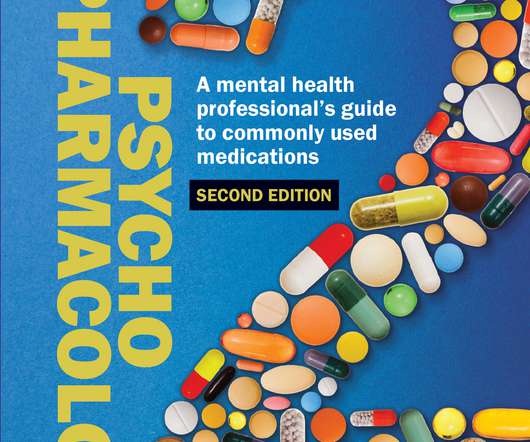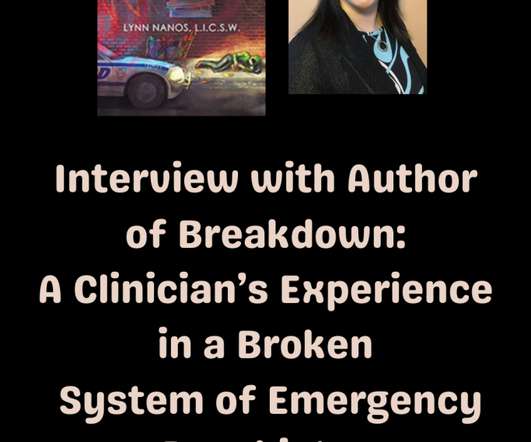Culturally Informed Therapy for Schizophrenia: A Review
Society of Clinical Psychology
DECEMBER 13, 2022
Specifically, they state that, “as society continues to become more and more culturally diverse, mental health providers must continually engage in ongoing self-assessment related to knowledge, skills and abilities to provide culturally responsive care” 2. Such interventions seeking to thwart systemic inequities (e.g., Background.












Let's personalize your content